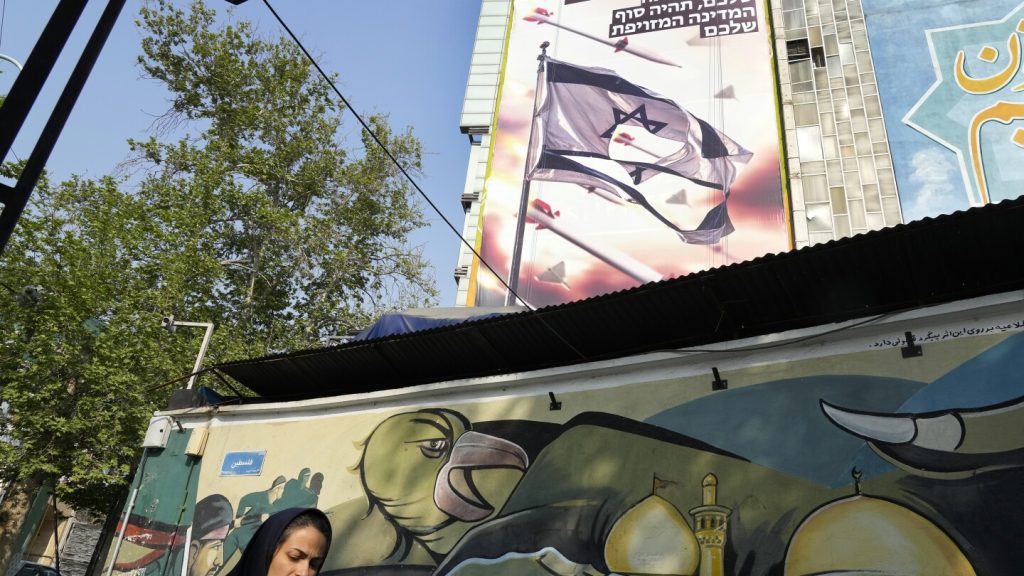Iran’s recent direct attack on Israel marks a significant shift in its traditional strategy of using proxy forces to manage international repercussions. Supreme Leader Ayatollah Ali Khamenei, who is approaching his 85th birthday, has long preached about “strategic patience” in confronting Iran’s rivals, such as Israel and the United States. However, the recent attack involving a barrage of drones, cruise missiles, and ballistic missiles represents a departure from this approach. The trigger for the attack was a suspected Israeli strike near Iran’s embassy in Damascus, Syria, which resulted in the death of a top Iranian commander. This incident, combined with escalating tensions at home, has created a volatile situation for the Islamic Republic.
Iran has described the attack on Israel as a success, with the aim of deterring and punishing the Israeli regime. This direct confrontation comes amid years of covert hostilities between Iran and Israel, including assassinations, sabotage, and airstrikes targeting each other’s interests across the Middle East. The attack on Iran’s consulate in Syria struck a nerve with the Iranian government, leading to heightened tensions. As Iran faces economic and political challenges, including the collapse of the nuclear deal and a plummeting currency, hard-liners maintain a tight grip on power in the country. Former President Hassan Rouhani, who led the nuclear deal efforts, has been barred from running for re-election, symbolizing the hard-liners’ dominance.
In addition to the economic challenges, Iran is witnessing a crackdown on dissenting voices, with journalists and activists being summoned by authorities. There are also indications of a renewed push to enforce the country’s mandatory headscarf laws for women, sparking controversy and potential unrest. The memory of past protests, such as the 2022 demonstrations over a woman’s death while in police custody, looms large as authorities seek to tighten control over societal norms. Rumors of potential gasoline price increases add to the already simmering tensions in the country.
The combination of domestic unrest, economic hardship, and political uncertainty signals turbulent times ahead for Iran. With Khamenei’s advancing age and no clear successor in sight, the country is at a crossroads. The recent attack on Israel represents a bold departure from Iran’s previous strategies, potentially signaling a more aggressive approach in dealing with its enemies. As Iran navigates these challenges, it remains to be seen how the country will manage its internal and external pressures in the coming years. The international community will be closely watching Iran’s next moves and how they may impact regional stability.


